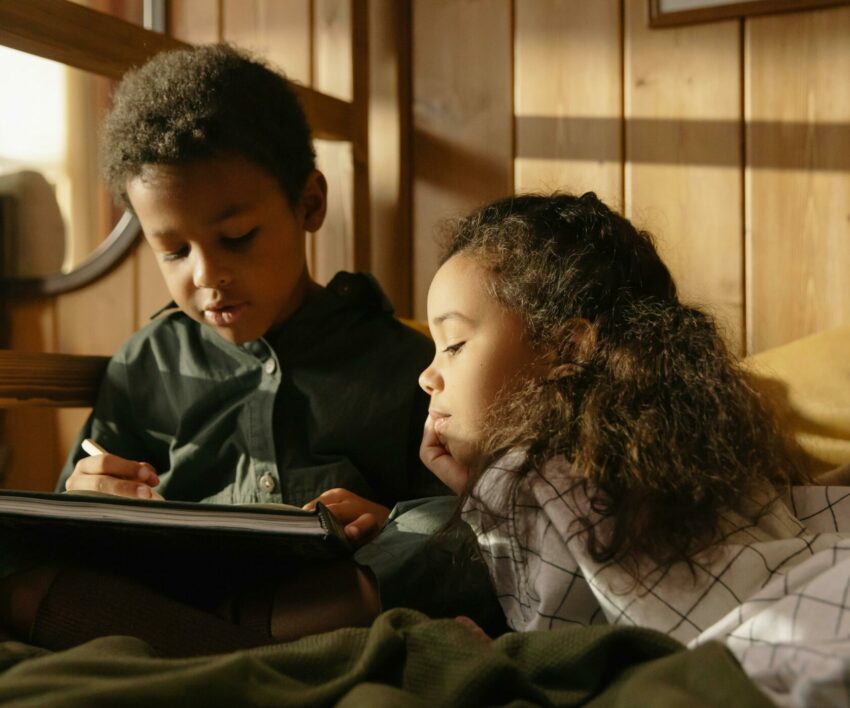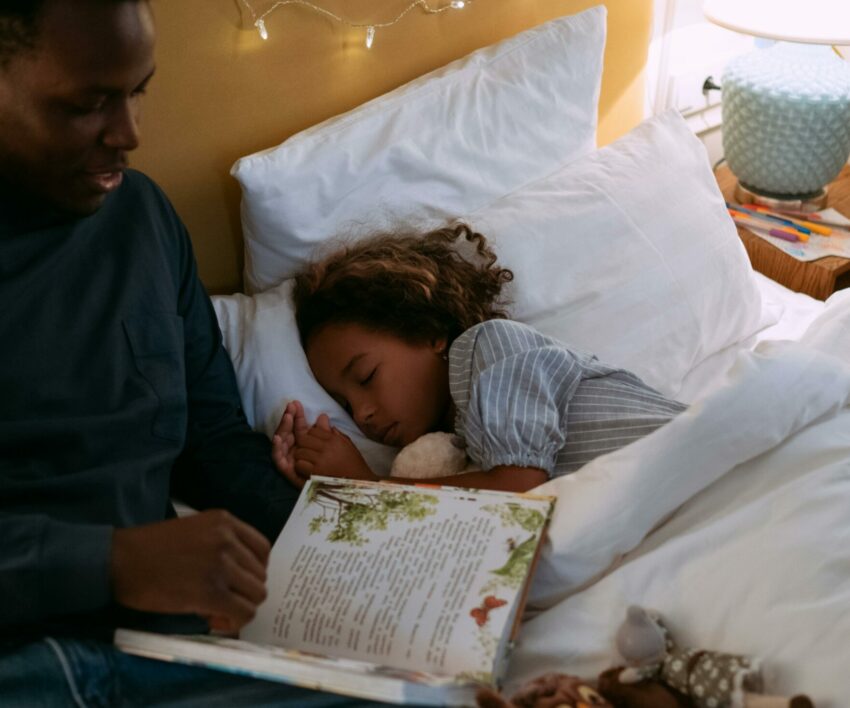picture: pexels
At first glance, that 13-year-old girl from across the street looks like any other teenager, headphones in, hoodie up, homework scattered on the kitchen table.
What you don’t see is the list of responsibilities ticking away in her mind: make dinner, check on her younger brother’s school project, remind her mother to take her medication.
While many children are navigating childhood, that girl is navigating adulthood in a child’s body.
This quiet role reversal is known as parentification, where a child steps into the shoes of a caregiver, emotionally, physically, or both.
It’s more common than many realise, especially in households dealing with illness, financial stress, or absent caregivers.
Psychology Today describes it as a hidden dynamic that often flies under the radar because it can look like a child being “mature” or “helpful”.
It’s important to know that being responsible isn’t inherently bad. Children who grow up helping at home often develop resilience, empathy, and strong problem-solving skills.
However, the above source states that when the scale tips too far, when a child becomes the emotional anchor or the primary organiser of household tasks, it can come at the cost of their own development.
Research from the National Library of Medicine links long-term parentification to anxiety, burnout, and trouble forming boundaries in adulthood. That said, it’s never too late to restore the balance.
Supportive adults can make a huge difference simply by acknowledging what the child is carrying and gently relieving the load.
So next time you see a “little adult” holding things together with a smile, take a closer look. That child might be doing more than their fair share.
A kind word, a helping hand, or a bit of guidance might be exactly what they need to feel like a child again, even for just a moment.
Also see: Present dads: The impact of father in a child’s life












